Indigenous Governance Database
Governance
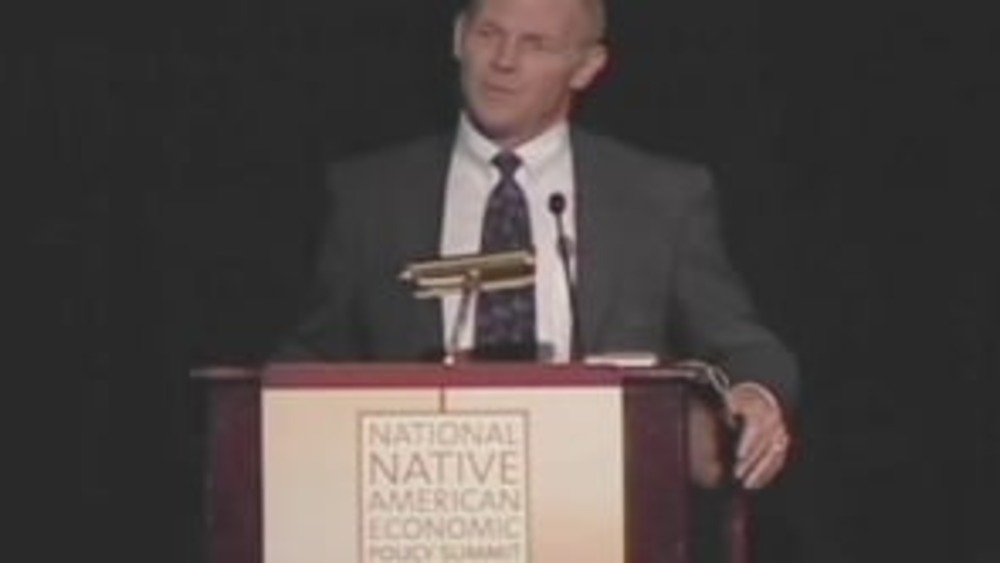
National Native American Economic Policy Summit: Joseph P. Kalt: Lessons from Indian Country
The National Native American Economic Policy Summit was held in Phoenix, Arizona, May 15-17, 2007, with more than 500 key stakeholders gathering to discuss the challenges to growing healthy, vibrant Native economies. In addition to identifying challenges, participants were asked to …
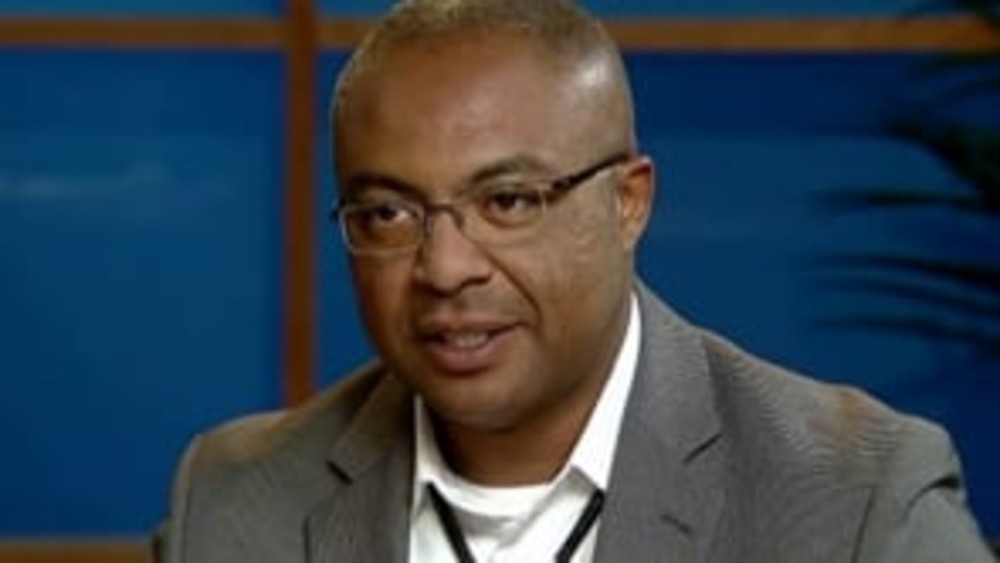
From the Rebuilding Native Nations Course Series: "What Effective Bureaucracies Need"
Native leaders offer their perspectives on the key characteristics that Native nation bureaucracies need to possess in order to be effective.
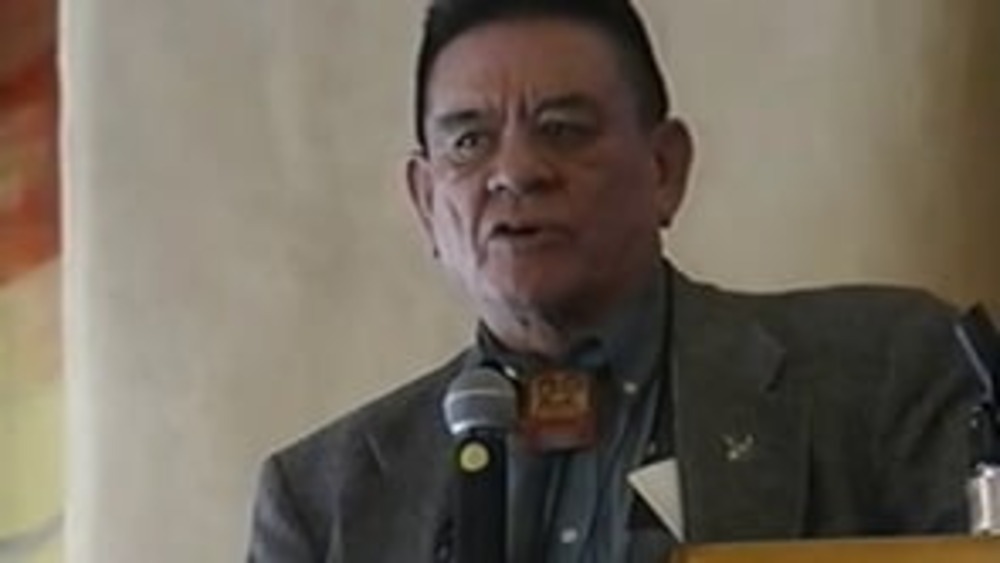
Honoring Nations: John McCoy: Intergovernmental Relations
John McCoy of the Tulalip Tribes offers advice to session participants about how to communicate tribal priorities in the intergovernmental law and policy arenas.
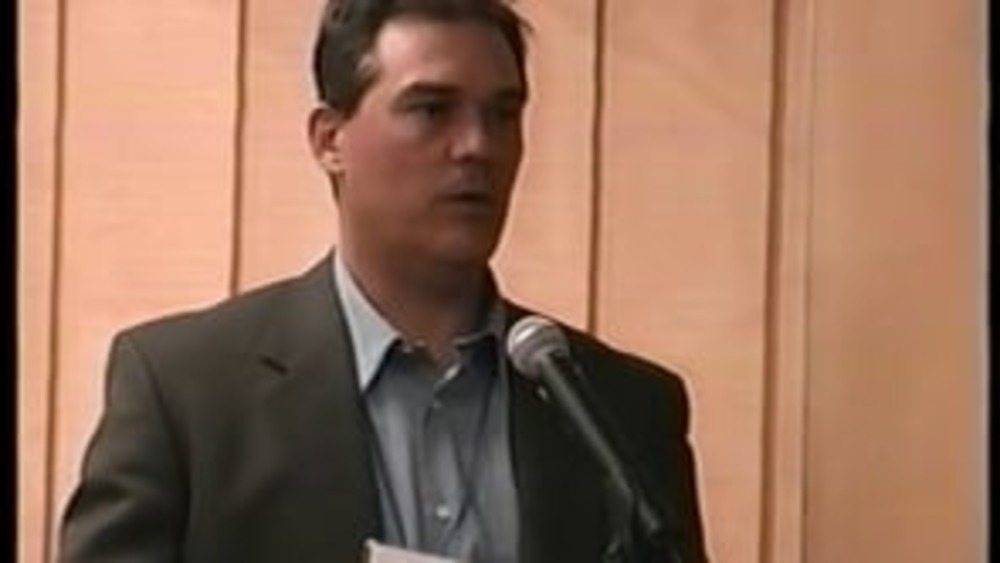
Honoring Nations: Jon Cooley: Building Capable Institutions of Self-Governance: White Mountain Apache Wildlife and Recreation Program
Jon Cooley, former director of the White Mountain Apache Tribe's Wildlife and Outdoor Recreation division, discusses how their program went about building capable institutions of self-governance in order to manage the Tribe's natural resources -- specifically wildlife -- in a sustainable manner.
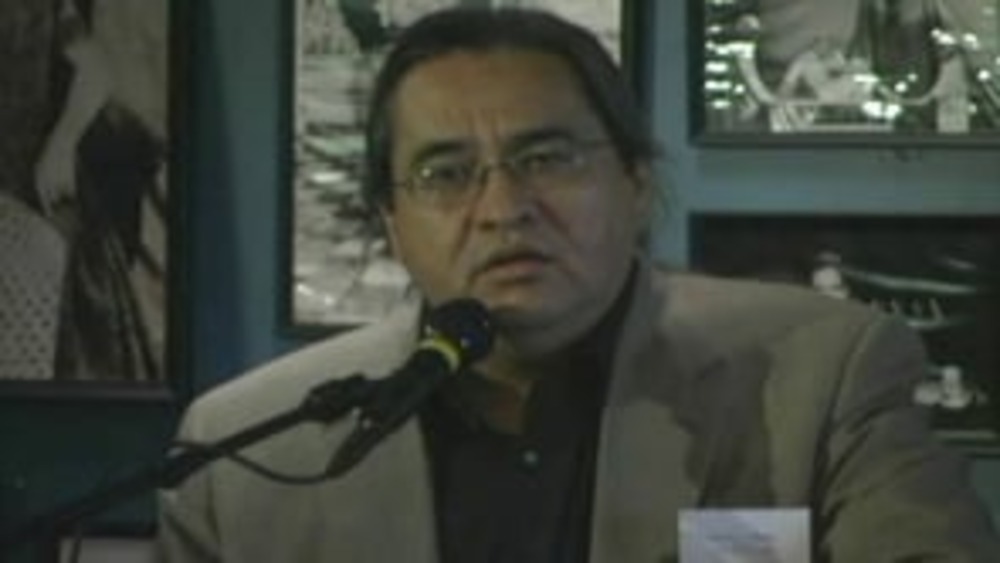
Honoring Nations: Manley Begay: So You Have a Great Program...Now What?!
"Forward-thinking" is often used to describe innovative programs. In remarks designed to frame the symposium session "So You Have a Great Program...Now What?!", Manley A. Begay, Jr. talks about strategic orientation, planning, and implementation as critical to sustaining the success of tribal…
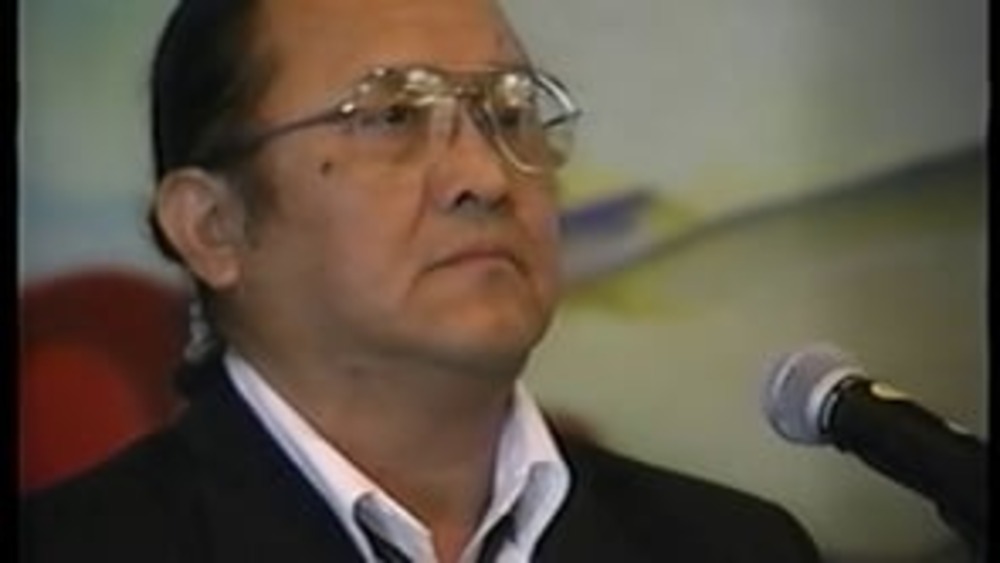
Honoring Nations: Robert Yazzie: The Navajo Nation Judicial Branch
Chief Justice Emeritus Robert Yazzie of the Navajo Nation Supreme Court talks about the Navajo Nation Judicial Branch's application of Navajo common law in its jurisprudence as an example of the importance of Indigenous cultural values and common law into the governance systems of Native nations.
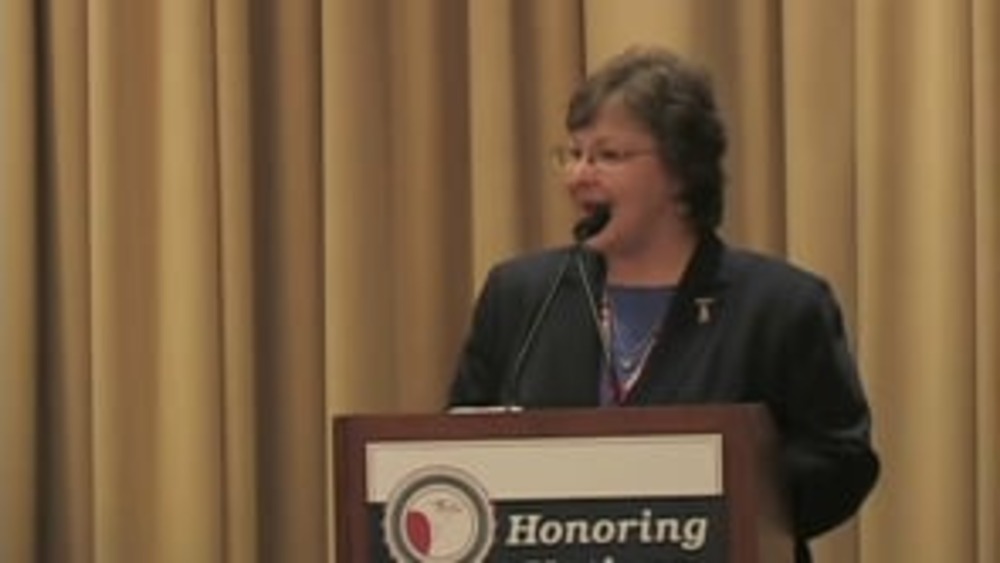
From the Rebuilding Native Nations Course Series: "Clarifying Roles and Delegating Responsibility"
Native leaders discuss the need for Native nations to define the distinct roles of elected leaders and administrators, and the importance of leaders delegating responsibilities to those appropriately charged with day-to-day administraion.
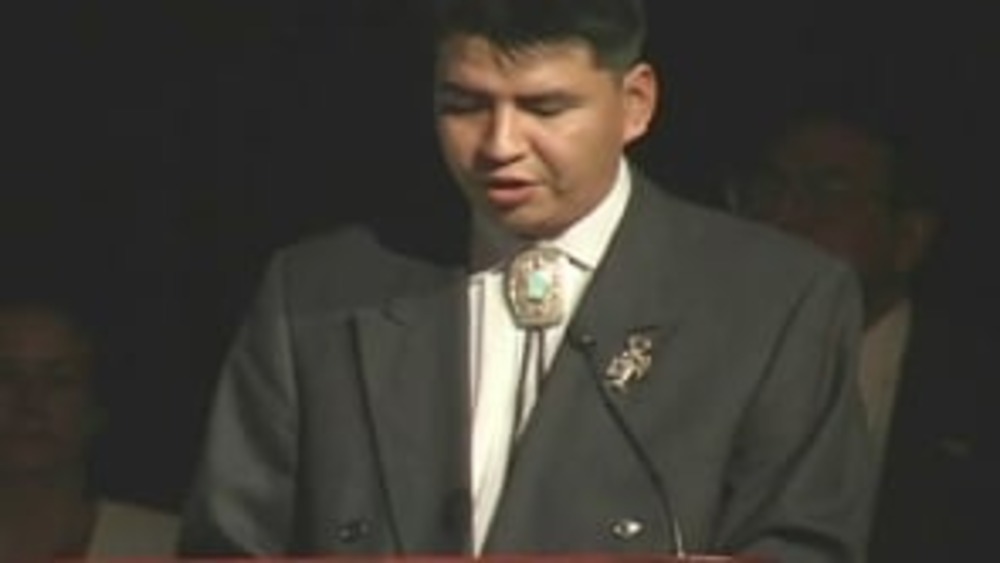
Honoring Nations: Loren Bird Rattler, Ray Montoya and Jay St. Goddard: Siyeh Corporation
Representatives from the Siyeh Corporation present an overview of the corporation's establishment and growth to the Honoring Nations Board of Governors in conjunction with the 2005 Honoring Nations Awards.
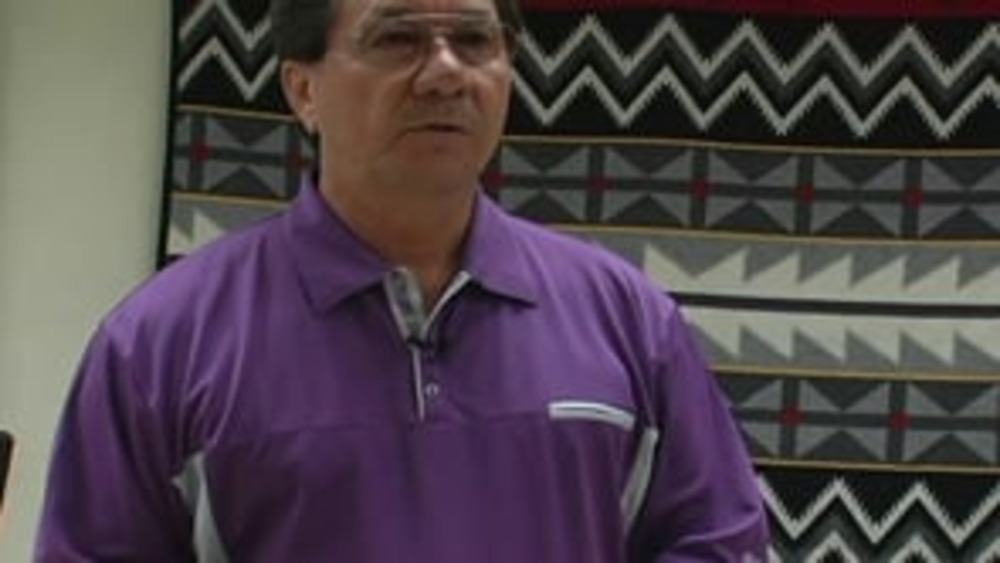
Michael K. Mitchell: A History of the Akwesasne Mohawk
Grand Chief Michael Mitchell of the Mohawk Council of Akwesasne offers students a broad overview of the governance history of the Akwesasne Mohawk and the efforts his people have made during his time in office to exercise true self-governance and rebuild their nation.
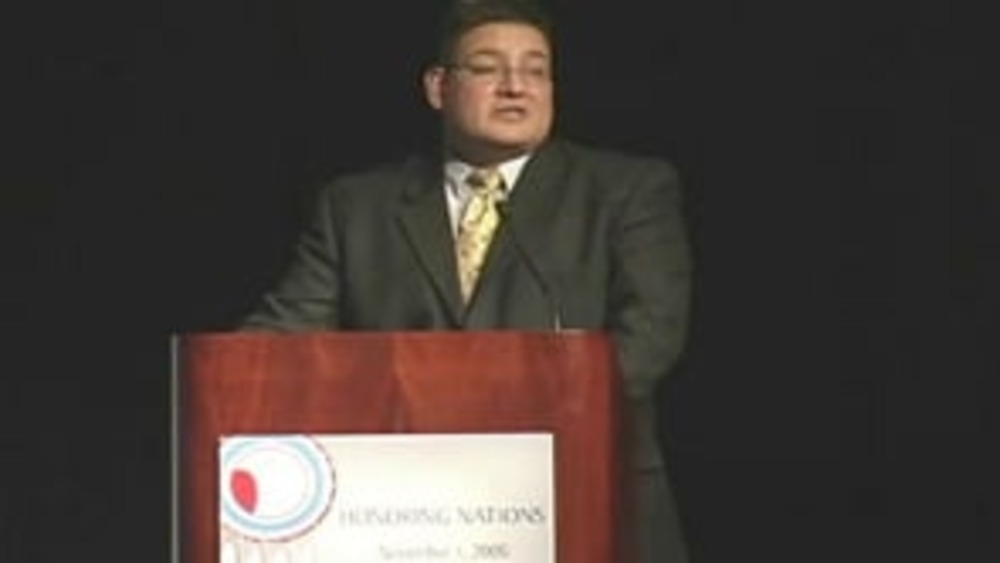
Honoring Nations: Mark Graham: Navajo Nation Sales Tax
Mark Graham, former executive director of the Office of the Navajo Tax Commission, presents an overview of the Navajo Nation Sales Tax to the Honoring Nations Board of Governors in conjunction with the 2005 Honoring Nations Awards.
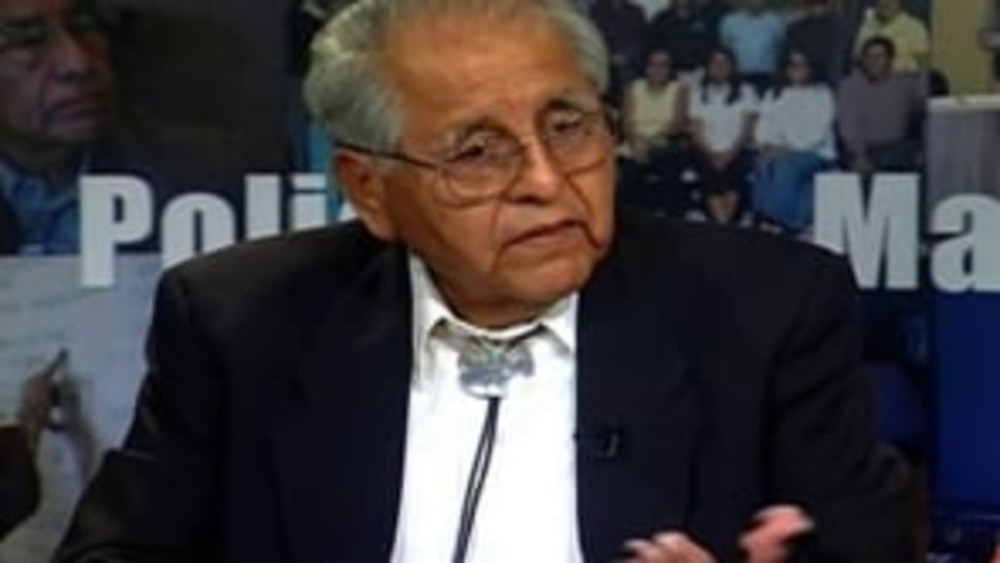
From the Rebuilding Native Nations Course Series: "The Role of Bureaucracies in Nation Building"
Native leaders discuss the critical role that bureaucracies play in Native nations' efforts to achieve their nation-building and community development priorities.
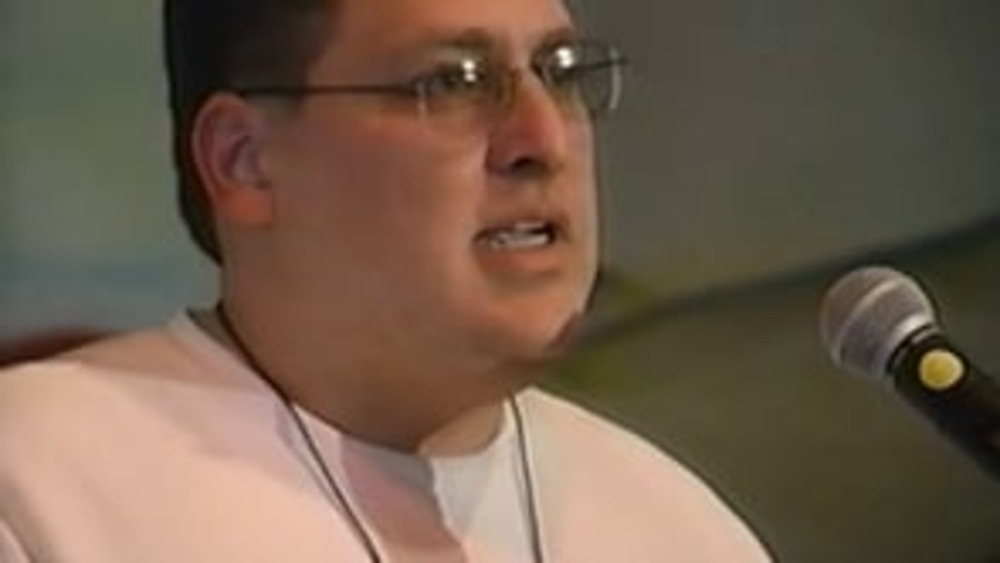
Honoring Nation: Lance Morgan: Ho-Chunk, Inc. Economic Development Corporation
Ho-Chunk, Inc. CEO Lance Morgan share the lessons he and the Winnebago Tribe of Nebraska have learned about the keys to creating an economic development environment capable of fostering successful nation-owned enterprises. He stresses the need for some Native nations to engage in constitutional…
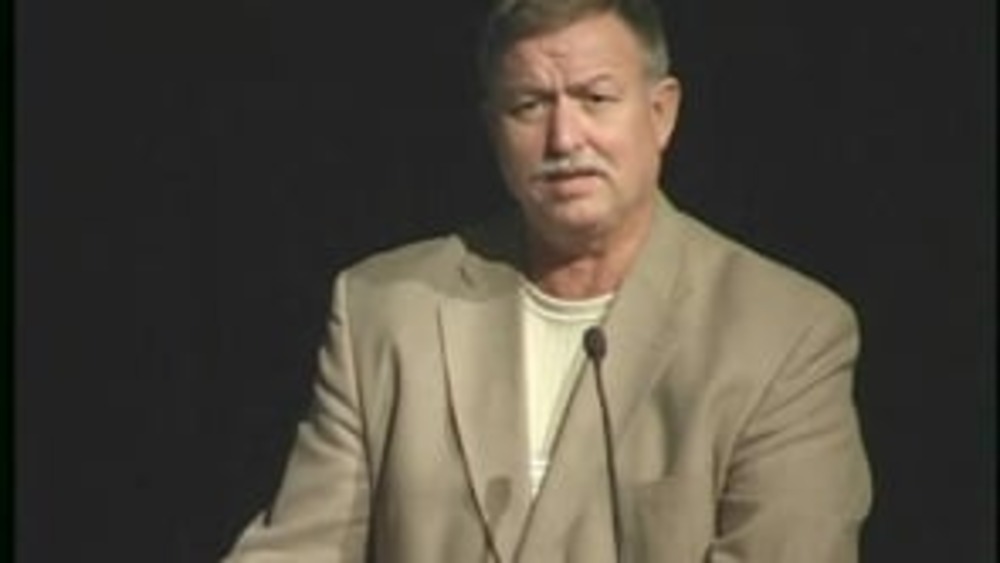
Honoring Nations: Dr. Dorry Larson and Joyce Country: Sisseton Wahpeton Oyate Professional Empowerment Program (2005)
Representatives for the Sisseton Wahpeton Oyate Professional Empowerment Program Dr. Dorry Larson and Joyce Country present an overview of the program's work to the Honoring Nations Board of Governors in conjunction with the 2005 Honoring Nations Awards.
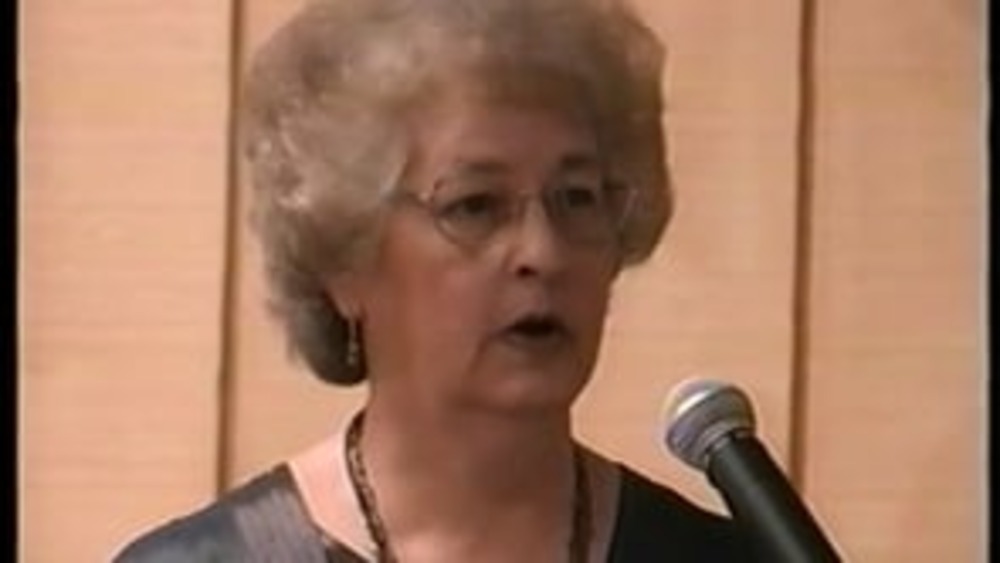
Honoring Nations: Julia "Bunny" Jaakola: Turning Sovereignty into a Practical Reality: The Fond du Lac Band of Lake Superior Chippewa
Julia "Bunny" Jaakola shares how the Fond du Lac Band of Lake Superior Chippewa turned sovereignty into a practical reality through leadership, community engagement, and collaboration with outside entities.
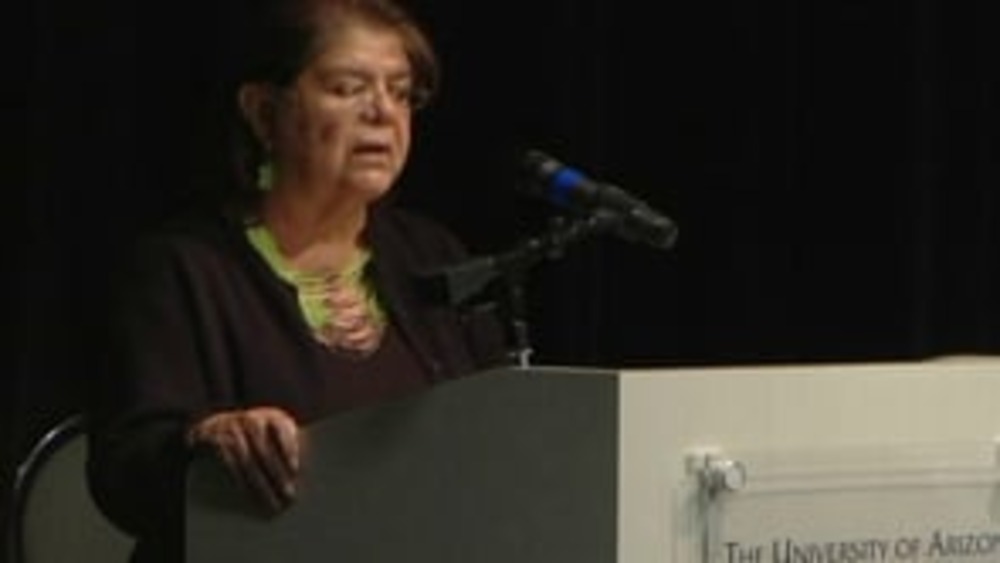
Wilma Mankiller: What it Means to be an Indigenous Person in the 21st Century: A Cherokee Woman's Perspective
Former Principal Chief of the Cherokee Nation Wilma Mankiller discusses the common misperceptions that people have about Indigenous people in the 21st century, and the efforts of Indigenous peoples to maintain their identity, cultures, values, and ways of life.
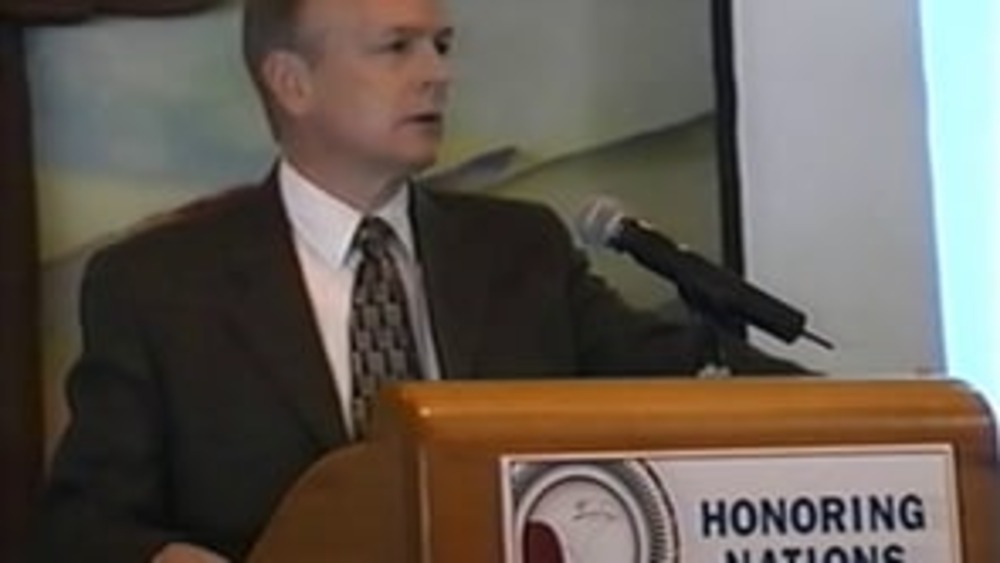
Honoring Nations: Stephen Cornell: Achieving Good Governance: Lessons from the Harvard Project & Honoring Nations
Co-director of the Harvard Project on American Indian Economic Development Stephen Cornell offers a review of how the Honoring Nations program evolved out of the nation-building movement and successes among Native nations.
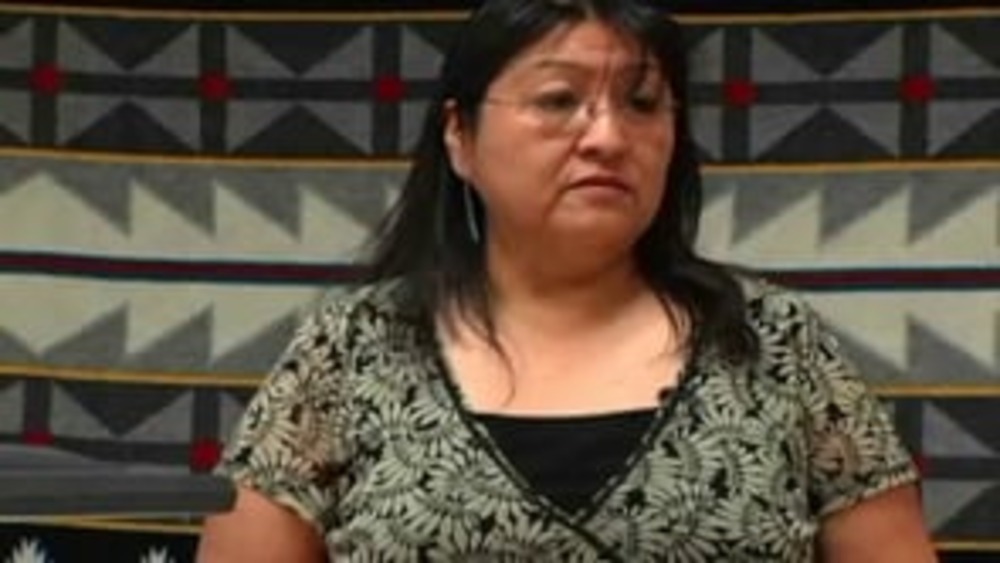
From the Rebuilding Native Nations Course Series: "Administrative Competence"
NNI Executive Director Joan Timeche discusses the need for Native nations to develop administrative competence through the cultivation, attraction and retention of qualified staff.
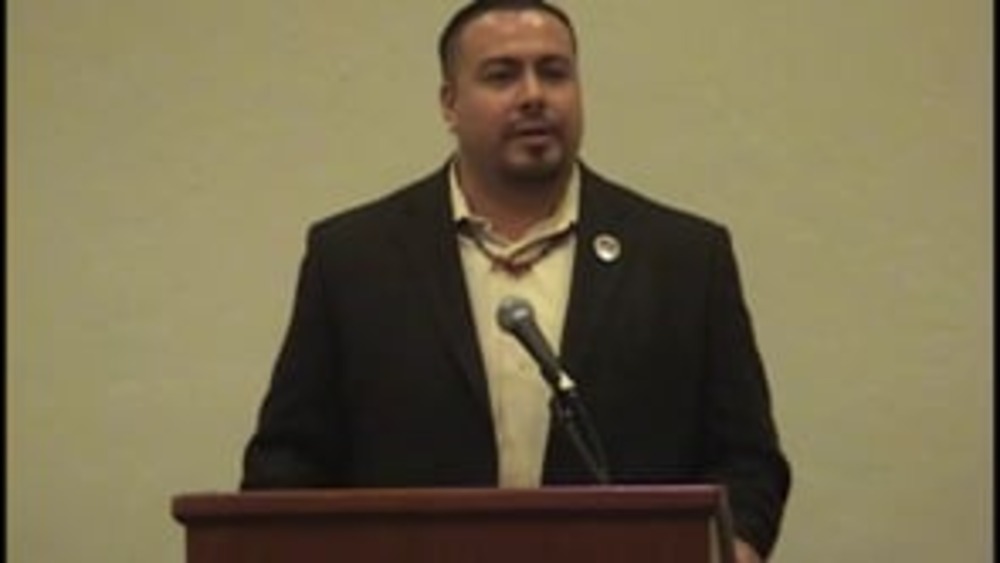
Jamie Fullmer: Taking a Strategic Approach at Yavapai-Apache Nation
Jamie Fullmer, former chairman of the Yavapai-Apache Nation, discusses how his nation developed a strategic approach to tackling its nation-building challenges during his time in office. He stresses the importance of Native nations and leaders conducting comprehensive of the state of their…

Great Tribal Leaders of Modern Times: Jayne Fawcett
Produced by the Institute for Tribal Government at Portland State University in 2004, the landmark “Great Tribal Leaders of Modern Times” interview series presents the oral histories of contemporary leaders who have played instrumental roles in Native nations' struggles for sovereignty, self-…
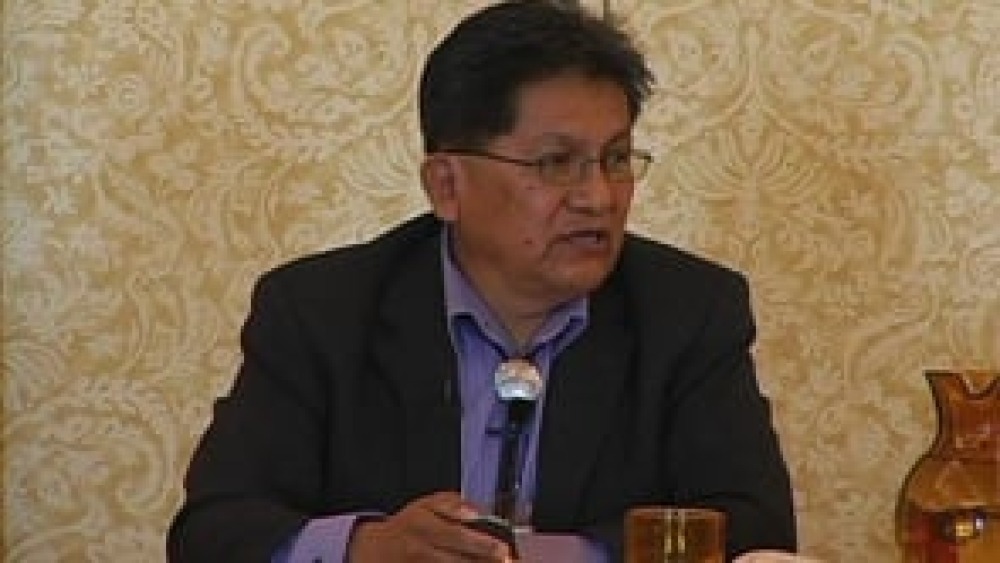
Ben Nuvamsa: What I Wish I Knew Before I Took Office
Former Chairman of the Hopi Tribe Ben Nuvamsa speaks about his tenure as the elected chief executive of his nation, and how the governance issues he and his nation have experienced in recent years offer important lessons to other Native nations.
Pagination
- First page
- …
- 13
- 14
- 15
- …
- Last page
